Irrigation Technician
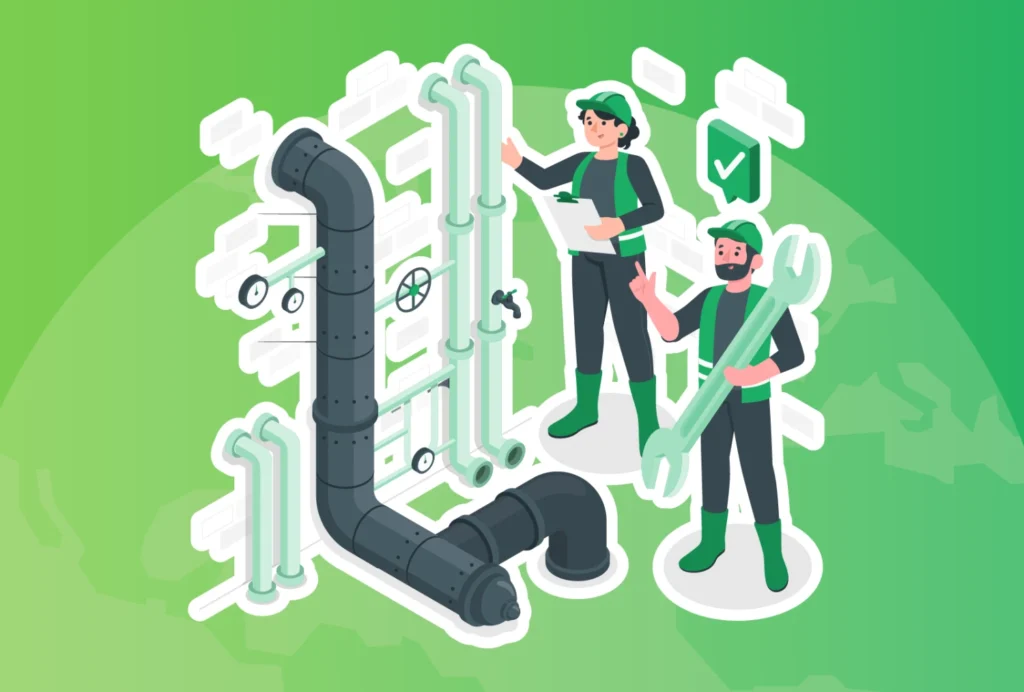
Irrigation Technician
Job Sector
Agriculture, Food and Natural Resources
Potential Salary (USD)
Low End: $30,000.00 /yr
Avg/Med: $65,000.00 /yr
High End: $130,000.00 /yr
Education Required
- Bachelor of Science in Agriculture, or
- Bachelor of Science in Horticulture, or
- Diploma in Horticulture, or
- Certificate in Sustainable Energy Management.
Job Outlook
The demand for Irrigation Technicians is expected to grow due to increasing awareness of water conservation and the need for efficient irrigation systems in agriculture and landscaping.
Career Profile Overview
An Irrigation Technician is responsible for installing, maintaining, and repairing irrigation systems that water crops, landscapes, and gardens. They ensure that plants receive the correct amount of water to grow efficiently, while also promoting water conservation and environmental sustainability.
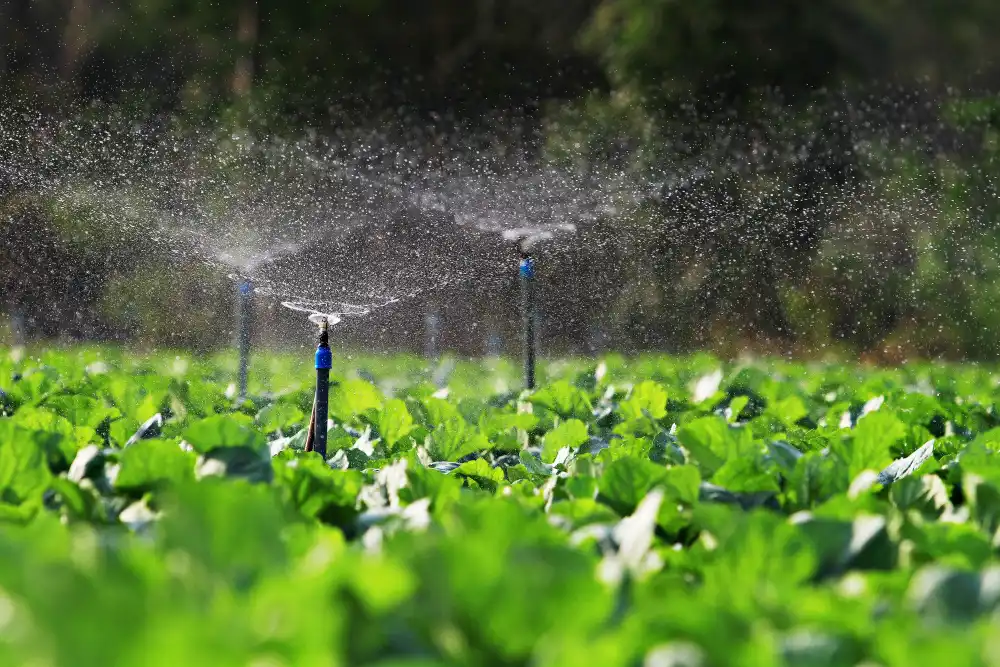
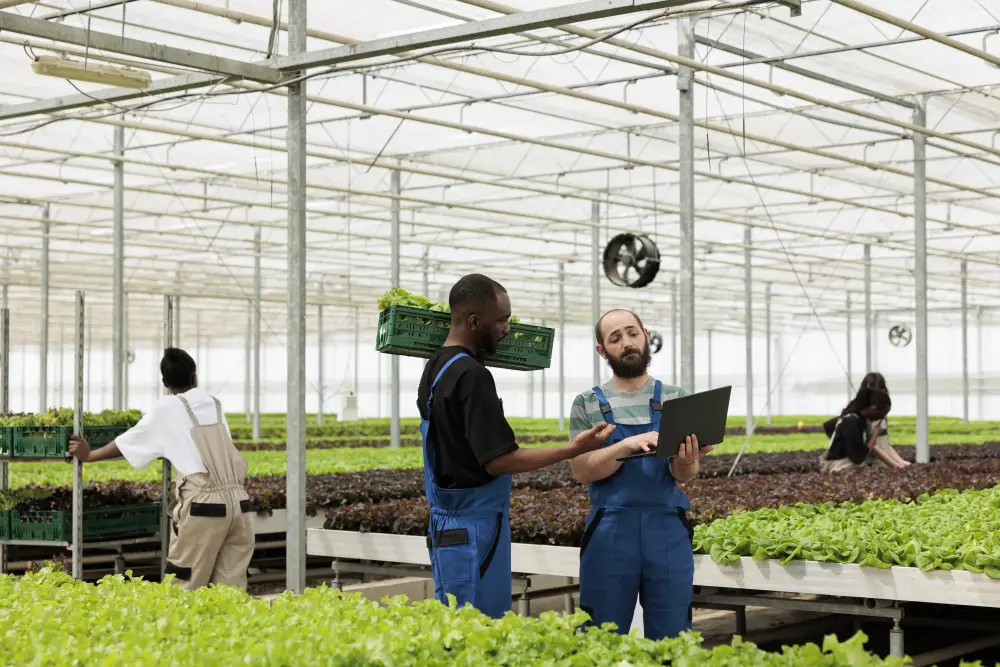
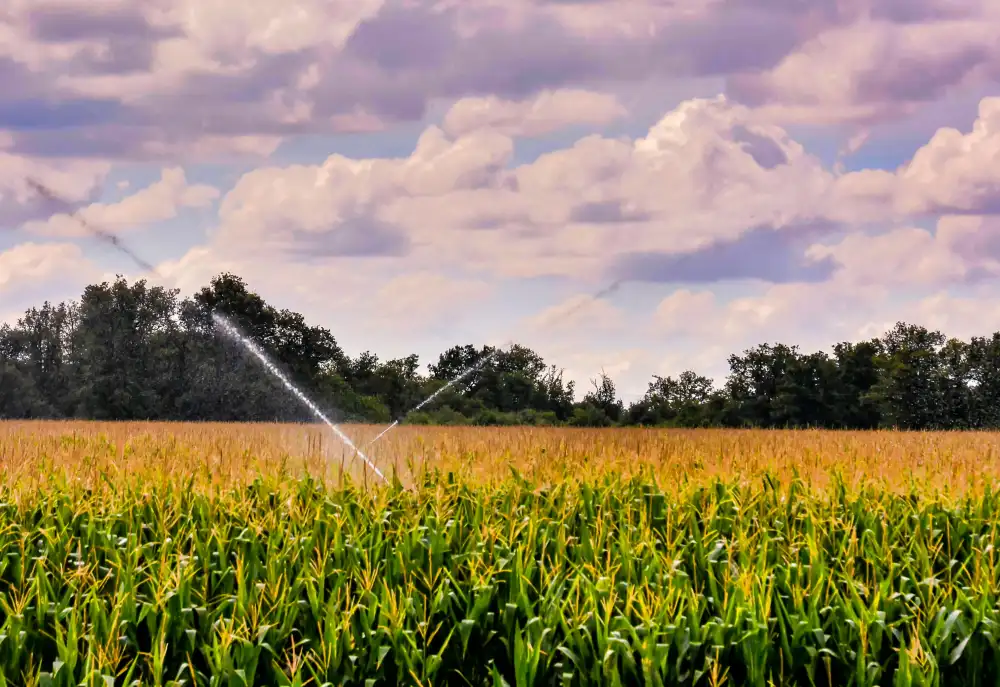
Key Responsibilities
Installation of Irrigation Systems
- Set up and install irrigation systems for agricultural fields, lawns, and gardens, ensuring they meet design specifications.
System Maintenance and Repair
- Regularly inspect irrigation systems for leaks, clogs, and other issues. Perform repairs and replace damaged components as needed.
Water Management
- Monitor and adjust watering schedules based on weather conditions, soil moisture levels, and plant needs to optimize water use.
Equipment Calibration
- Calibrate irrigation equipment to ensure even water distribution and prevent overwatering or underwatering.
Troubleshooting
- Diagnose and resolve issues with pumps, controllers, valves, and other irrigation components.
Record Keeping
- Maintain accurate records of system installations, maintenance, and repairs for future reference and reporting.
Educational Path
High School
- A basic understanding of mathematics, science, and technology is important for this role.
Postsecondary
- A certificate or associate degree in agriculture, horticulture, or irrigation technology can enhance job prospects and provide more in-depth knowledge of irrigation systems and water management.
On-the-Job Training
- Practical experience through internships, apprenticeships, or entry-level positions in landscaping, agriculture, or irrigation services is essential. This hands-on training allows aspiring Irrigation Technicians to learn system installation, maintenance, and repair techniques directly in the field.
Certifications
- Certified Irrigation Technician (CIT) from the Irrigation Association (IA)
- Landscape Irrigation Auditor (CLIA) certification for those interested in specializing in landscape irrigation efficiency.
- Water Use Efficiency Practitioner certification to demonstrate knowledge of water conservation practices.
Entry-Level
Irrigation Assistant
- Performs manual tasks such as digging trenches, laying pipes, and assembling basic irrigation components under supervision.
Landscaping Technician
- Installs and maintains landscaping elements such as irrigation system components.
Agricultural Labourer
- Assists with general farm duties, including operating irrigation equipment, moving hoses, and monitoring water levels for crops.
Mid-Level
Irrigation Technician
- Installs, maintains, troubleshoots, and repairs various types of irrigation systems, including controllers, valves, and sprinkler heads.
Irrigation System Designer
- Creates detailed plans and specifications for new irrigation systems, considering water sources, pressure requirements, and plant needs.
Water Management Specialist
- Develops and implements strategies for efficient water use in agricultural or landscape settings, often involving advanced irrigation technologies and data analysis.
Senior-Level
Senior Agricultural Engineer
- Designs, develops, and oversees complex irrigation and water management systems for large-scale agricultural operations.
Research and Development Director
- Leads teams in the innovation and development of new irrigation technologies, products, or methodologies to improve water efficiency and crop yields.
Agricultural Engineering Professor
- Teaches university courses on agricultural engineering topics, including irrigation and water management, and conducts research in the field.
Skills and Qualities
Industry Knowledge
- Understanding of irrigation systems, including piping, valves, pumps, controllers, and sprinkler heads.
Problem Solving
- Ability to troubleshoot and resolve issues with irrigation systems quickly and effectively.
Installation & Maintenance
- Ensure that irrigation systems are installed and maintained to precise specifications to avoid water waste and ensure plant health.
Physical Endurance
- Ability to work outdoors in various weather conditions and perform physically demanding tasks, such as digging trenches and lifting equipment.
Time Management
- Efficiently manage time to complete installations, repairs, and maintenance within scheduled timeframes.
Communication
- Communicate effectively with clients to understand their needs and provide solutions that meet their irrigation requirements.
United States
California Polytechnic State University | California
- Program: Bachelor of Science in Agricultural and Environmental Plant Sciences
- Website: Cal Poly Plant Sciences & Cal Poly
Texas A&M University | Texas
- Program: Bachelor of Science in Horticulture
- Website: Texas A&M Horticulture & BS Horticulture
University of Florida | Florida
- Program: Associate of Science in Landscape and Horticulture Technology
- Website: UF Landscape & Horticulture
Canada
University of Guelph | Ontario
- Program: Bachelor of Science in Agriculture
- Website: U of G Agriculture
Olds College of Agriculture & Technology | Alberta
- Program: Diploma in Horticulture
- Website: Olds College Horticulture
British Columbia Institute of Technology | British Columbia
- Program: Certificate in Sustainable Energy Management
- Website: BCIT Sustainable Energy
Brent Mecham
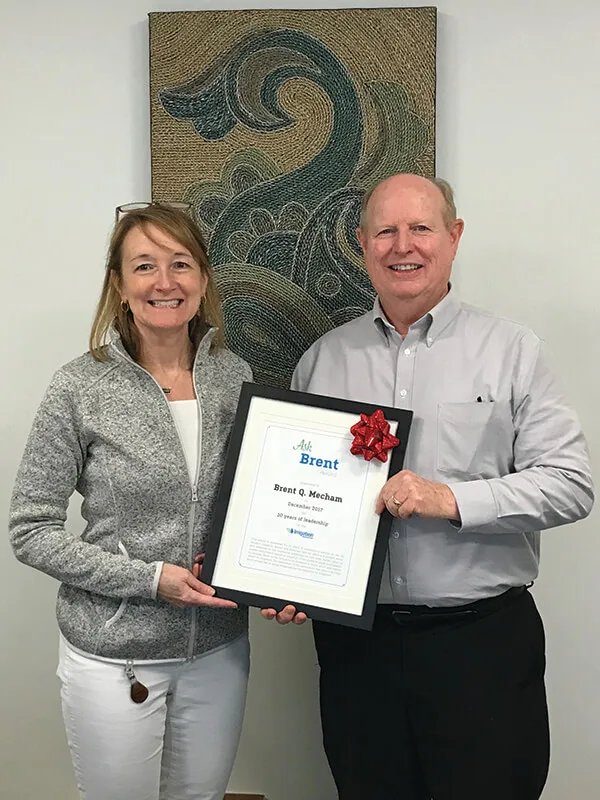
Position
Industry Consultant and Former Water Management Professional
Contributions
Brent Mecham is a recognized expert in irrigation technology and water management. He worked for the Irrigation Association, where he played a significant role in promoting efficient irrigation practices and water conservation.
Impact
Served as the Industry Development Director at the Irrigation Association, focusing on education and certification programs for irrigation professionals. Developed training programs that emphasize sustainable irrigation practices, helping to reduce water waste in agriculture and landscaping.
Source
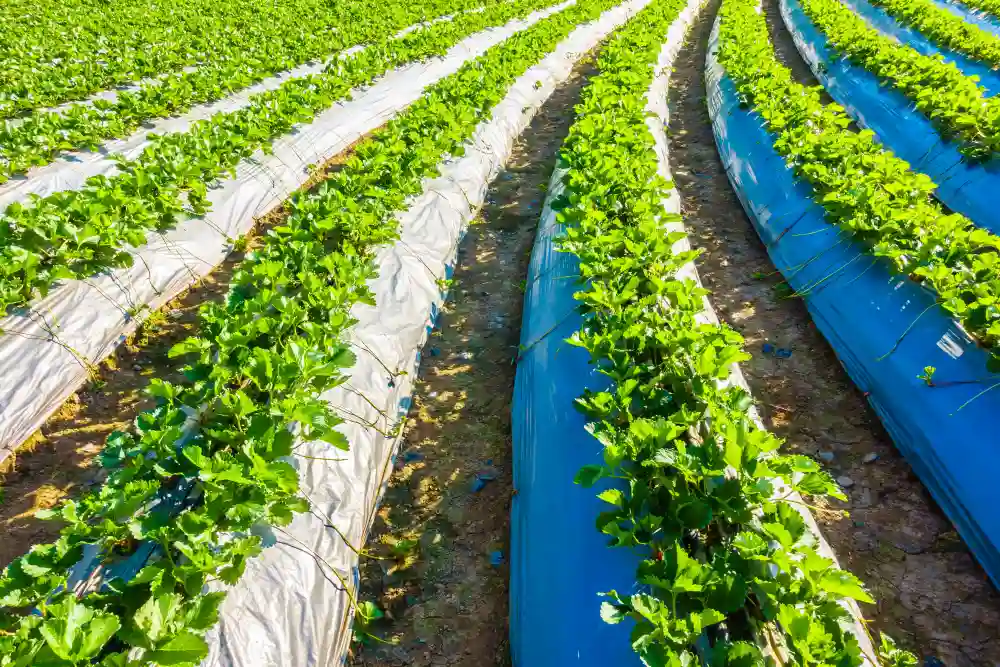
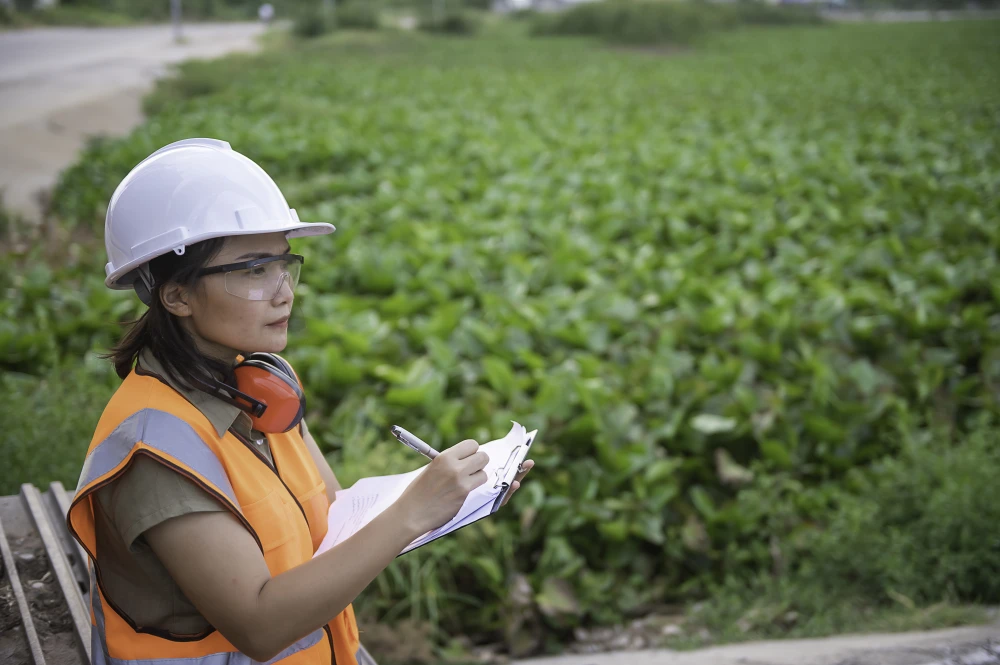
Resources and Further Reading
- Irrigation Association
- National Center for Appropriate Technology (NCAT): ATTRA Sustainable Agriculture
